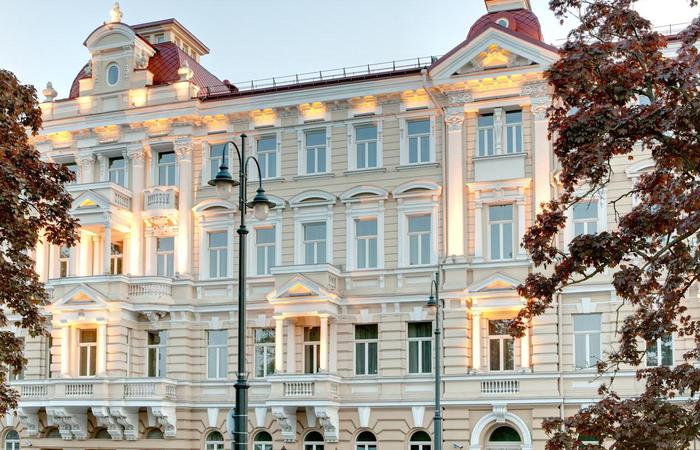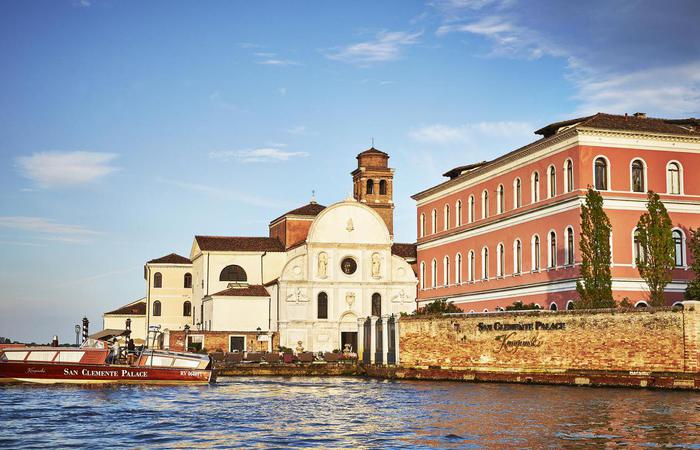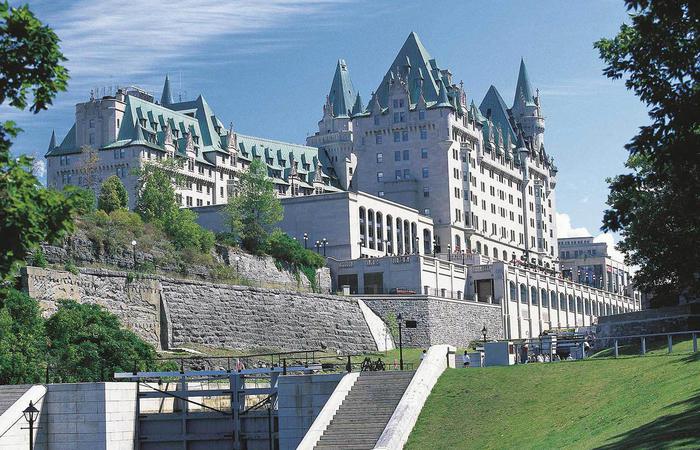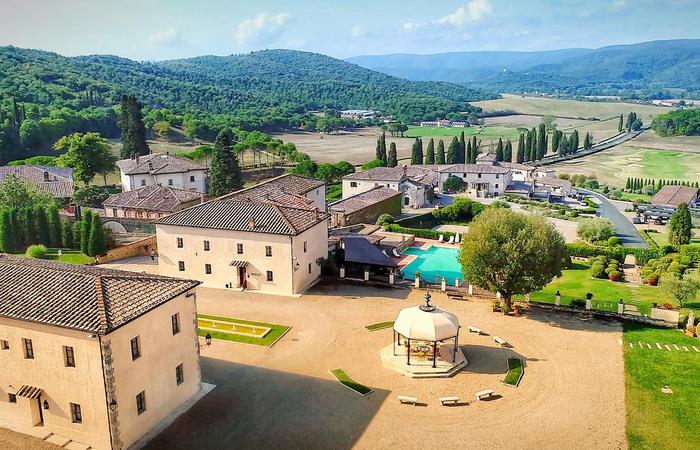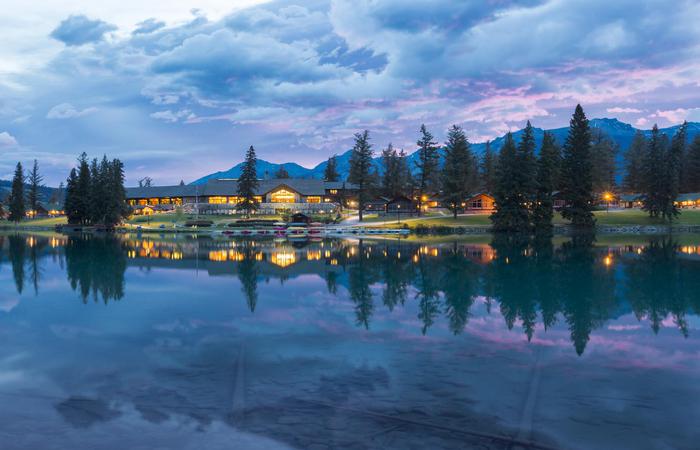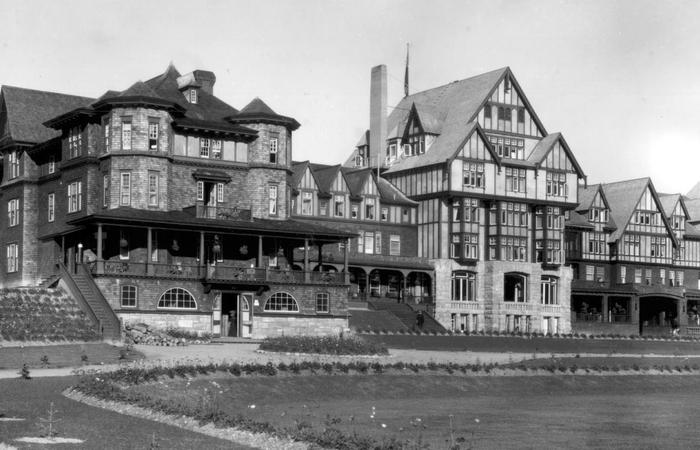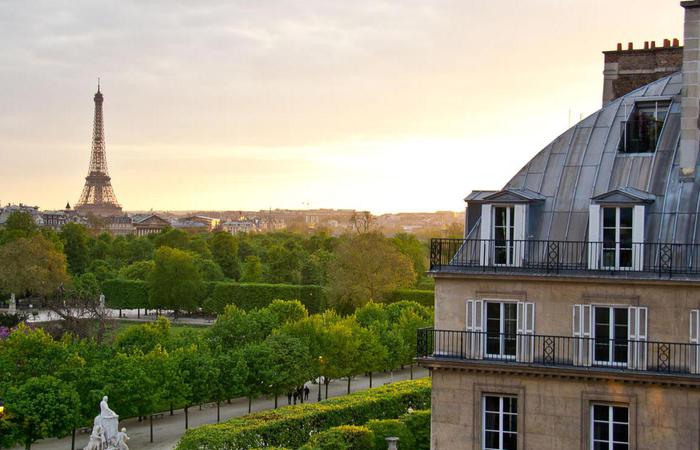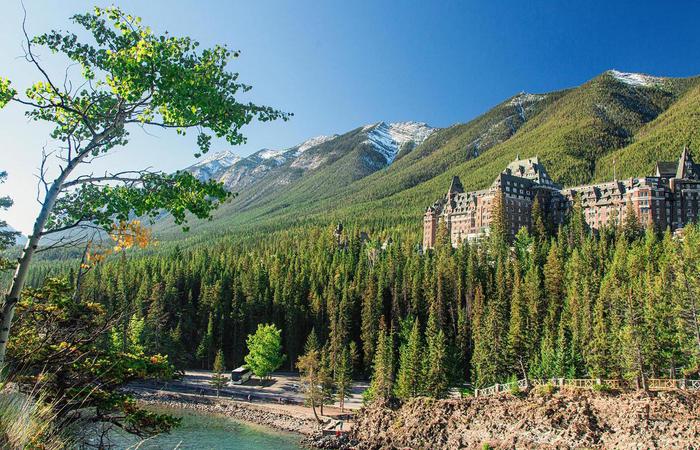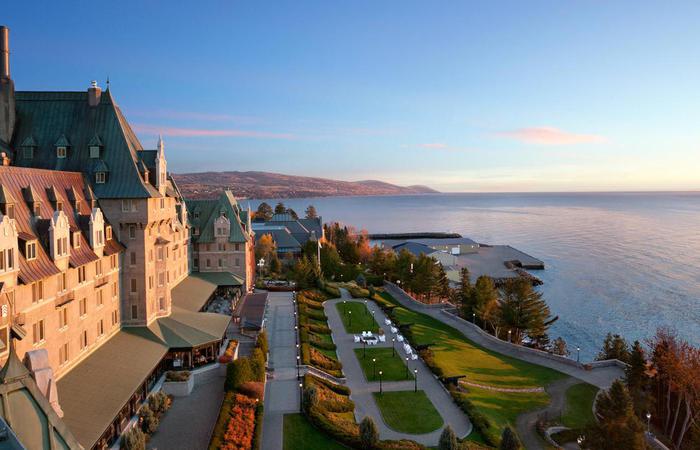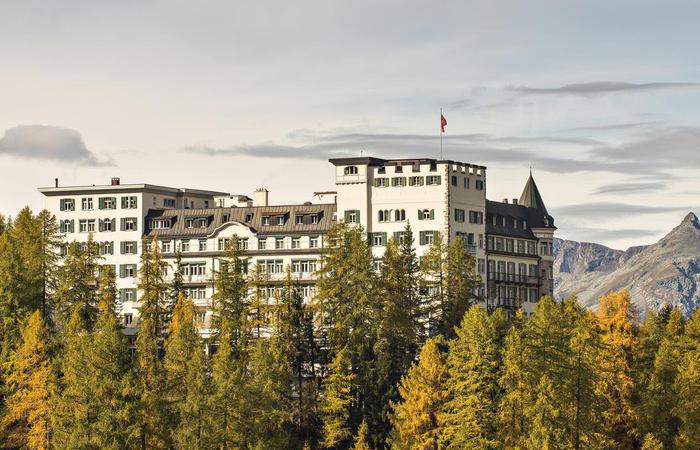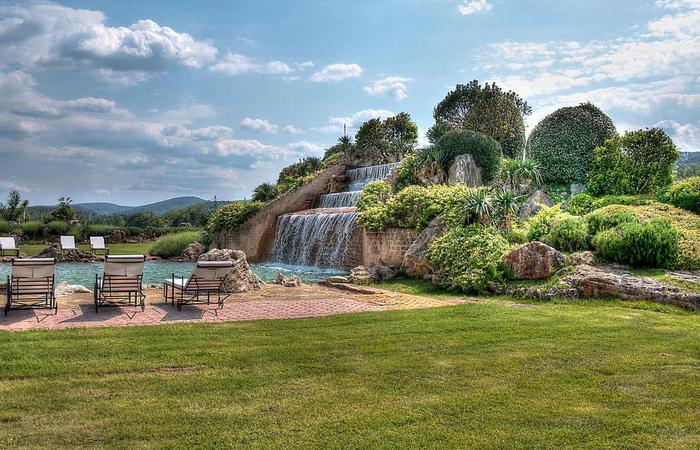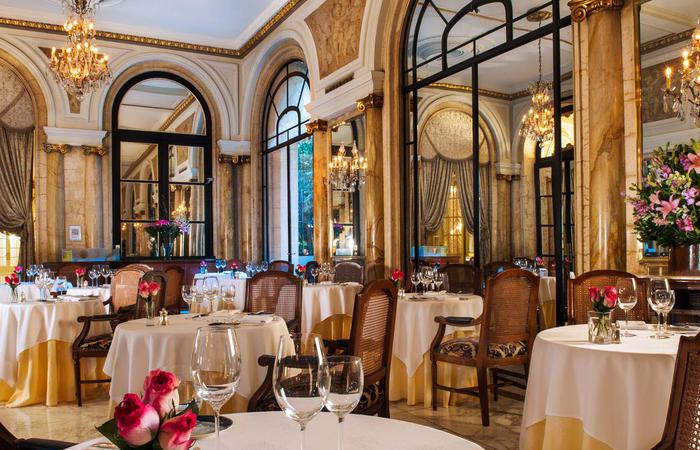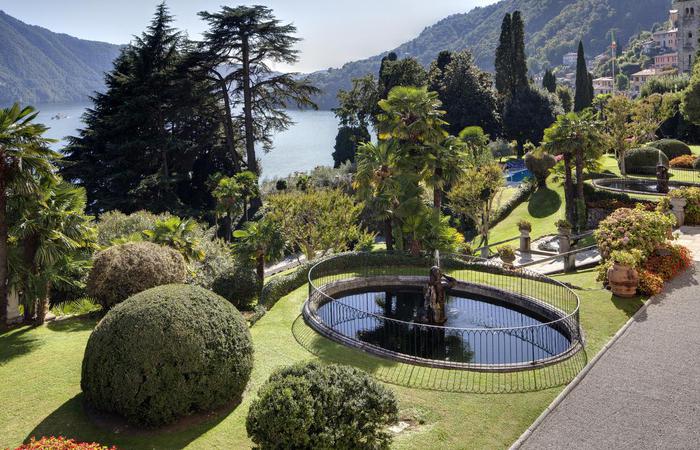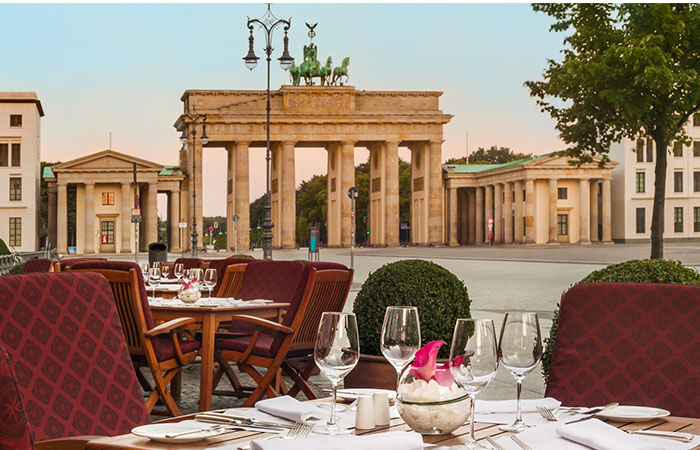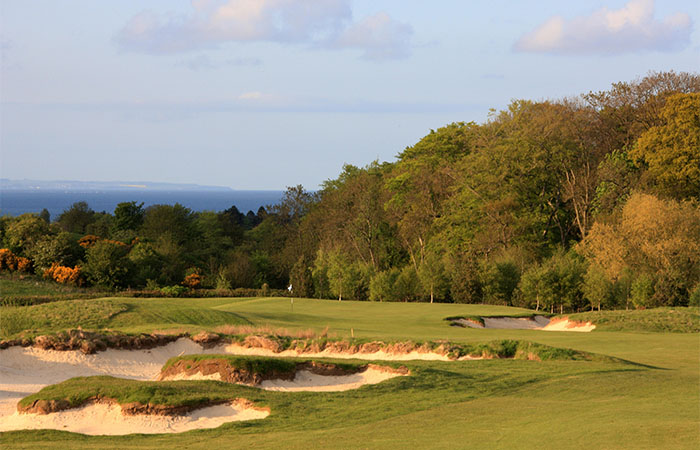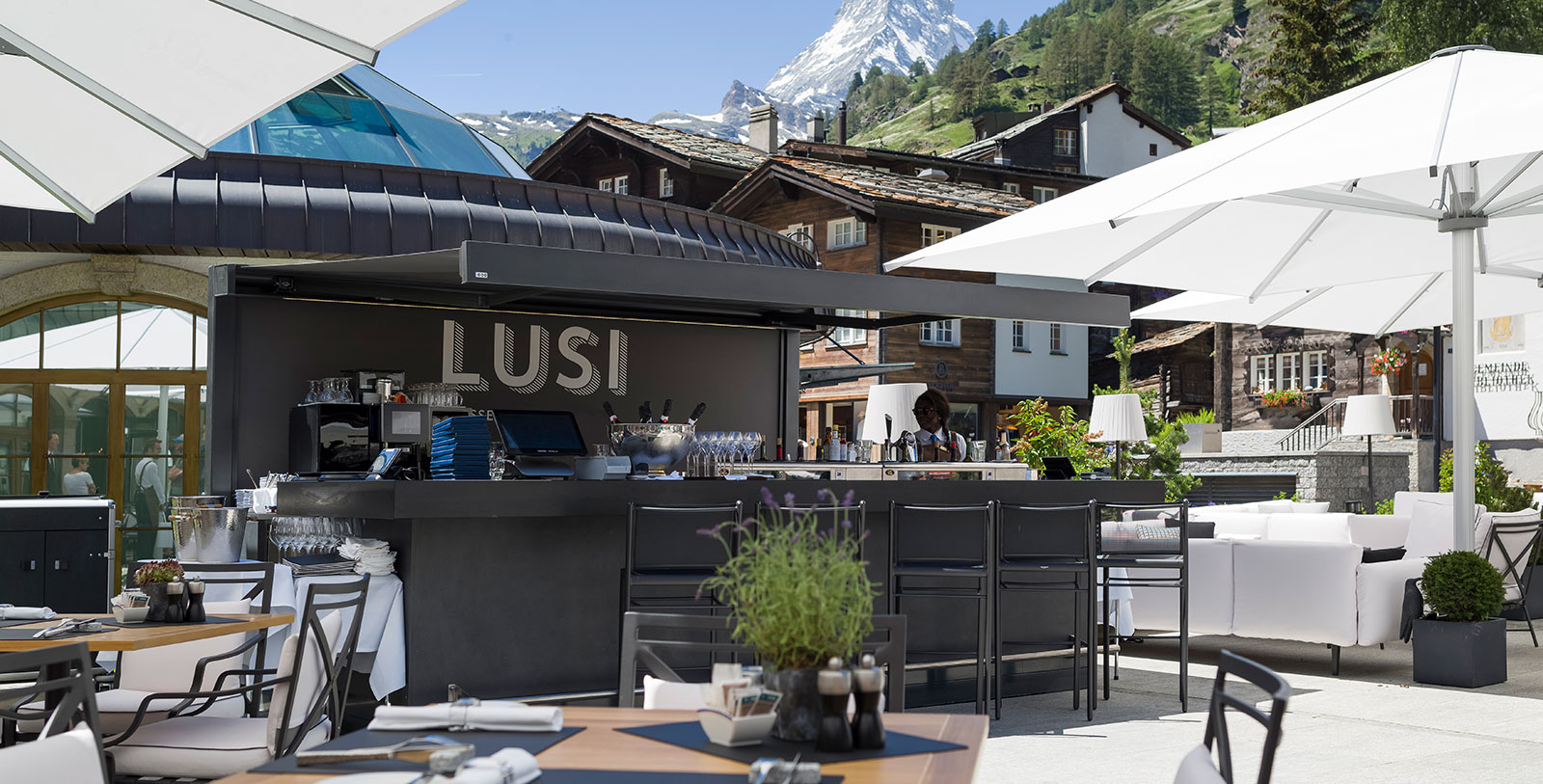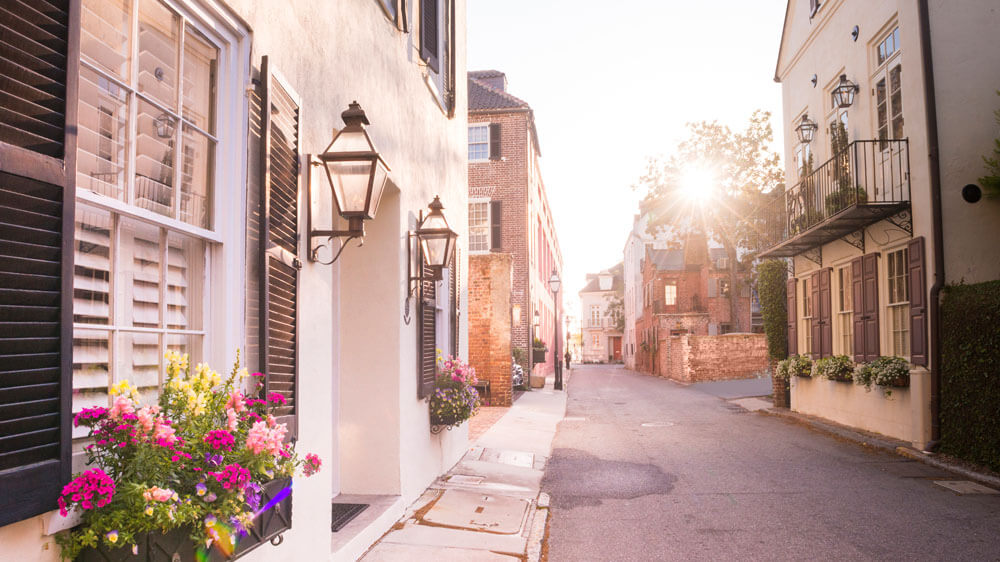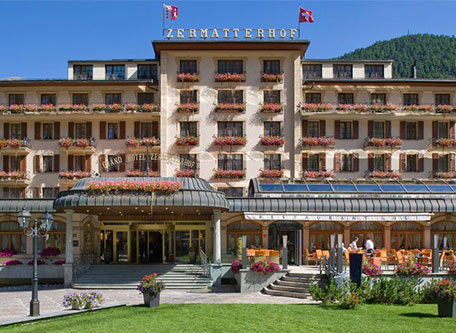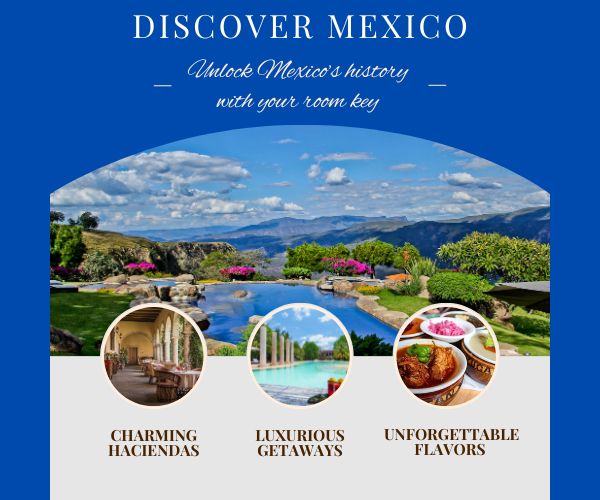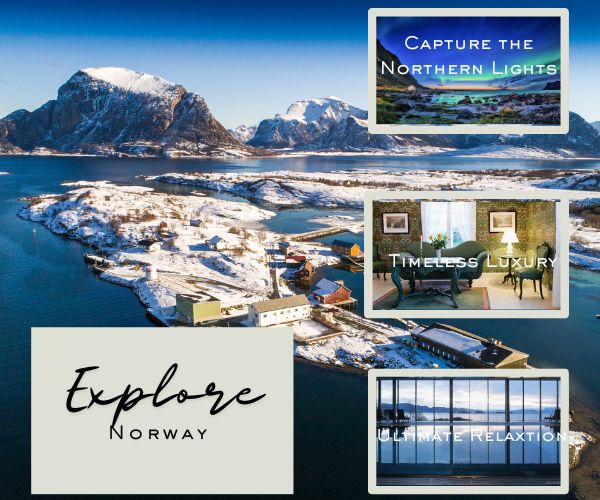Receive for Free - Discover & Explore eNewsletter monthly with advance notice of special offers, packages, and insider savings from 10% - 30% off Best Available Rates at selected hotels.
taste
-
Taste some delicious Swiss fondue at the hotel’s restaurant saycheese! The quality of the cheese is exceptional, with all of the cheeses on the menu coming from the Valais region. The chef recommends the Zermatterhof fondue, which is served either with champagne, winter truffles, and porcini mushrooms. Another must-try dish is raclette, a deliciously cheesy Swiss staple. The dish is made when a raclette cheese round is heated, melted, and then scraped onto plates. Raclette is typically served with potatoes, gherkins, pickled vegetables, and dried meats. Finish it off with a glass of Fendant, a classic Swiss white wine made from the Chasselas grape in the Valais region.
-
Savor the culture of the Alps, where Swiss, Italian, and French cuisine come together to create culinary specialties unique to the Valais region. A staple of the Zermatterhof’s restaurants, the tarte flambée, hails from the Alsace region in France. Also known as Flammekueche, it is composed of bread dough rolled out very thinly in the shape of a rectangle or oval, which is covered with fromage blanc or crème fraîche, thin-sliced onions, and lardons. At Brasserie Lusi, guests can try an Italian inspired Flammekueche complete with tomato, mozzarella, pesto, and arugula, or a Valais interpretation topped with local goat cheese, honey, dried meat, and cracked pepper.
-
Drink the refreshing spring water of Zermatt. Guests will see Zermatt water proudly featured on every menu at Grand Hotel Zermattorhof. Until the 18th century, Zermatt was called “Prato Borni,” which means “meadow in an area of springs.” This is because the area is home to over 100 springs renowned for the purity and quality of their water. The water is very soft because it primarily flows through crystalline rock such as gneiss and granite. It does not pick up minerals, however it does contain calcium and sulphate because of the rock. The water in Zermatt also contains virtually no nitrate as the mountain slopes are little used for agriculture and Zermatt’s car-free policy prevents further contamination of the water supply.
-
Savor a sip of the herbal cocktail known as Augenblick. The historic hotel’s signature cocktail draws its inspiration from Appenzeller Aplenbitter, a Swiss herbal liqueur made with 42 secret herbs. The cocktail captures the spirit of Alpine traditions and the charming heritage of Zermatt.

